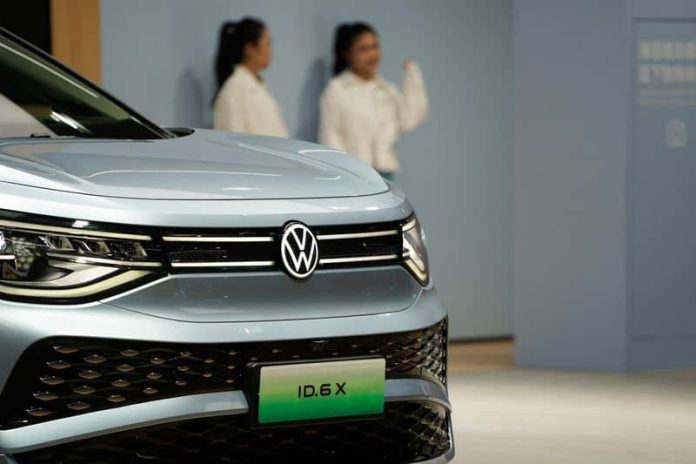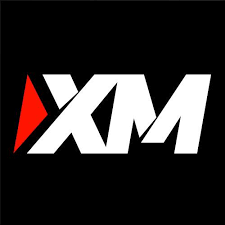SHANGHAI (Reuters) – Global automakers, including Toyota and Volkswagen (ETR:VOWG_p), took the stage at the Shanghai auto show on Tuesday with built-for-China and electric-drive products to compete for a high-stakes comeback in the world’s largest market.
But after a year when trends have shifted sharply against the established foreign brands that once dominated in China, executives from Chinese automakers offered a reality check: the game is moving faster and the pressure to cut prices is getting more intense.
Volkswagen said at the show it would introduce 10 more electric vehicle (EV) models by 2026 and cut the time to develop new models by almost 40% to keep pace with faster-moving Chinese rivals.
“Our guiding principle is development in China for China at full speed,” Thomas Schafer, chief executive of VW passenger car brands said.
Toyota, which has been slow to roll out electric vehicles, used the Shanghai show to unveil two new EVs, doubling the number on offer in China under its mainstream brand. It also introduced a Lexus-brand minivan, the “Luxury Mover,” a hybrid designed to be chauffeur driven, a preference for many Chinese luxury car buyers.
Both Toyota and VW’s mass-market brands have lost share in China over the past year as the market shifted to EVs and plug-in hybrids where made-in-China brands, led by BYD, have moved faster.
In a mark of that reversal, BYD outsold both Toyota and VW brand vehicles in the first quarter of this year in China.
On Tuesday, BYD launched a hatchback-styled EV, the Seagull, that takes aim at the small car market that Toyota has long-dominated with models like the Corolla, a global best-seller. The price on the Seagull will start at the equivalent of just over $11,000.
By comparison, Toyota’s most popular EV on offer in China, the bZ4X, starts at more than $29,000.
CHINA TODAY, TOMORROW THE WORLD
BMW, which plans to launch 11 EV models in China by the end of the year, said it had added features in response to the China market, like the rear-entertainment system in the i7 sedan.
“What moves Chinese customers today, moves the world tomorrow,” BMW CEO Olivier Zipse said.
Other Chinese auto executives underlined the pace and pressure to cut costs in a market where electric-drive cars now make up almost a third of new sales.
Zhu Jiangmin, chief executive of privately held Leapmotor, offered a bold prediction on how low prices could go, a promising notion for consumers but threatening to automakers.
Within a decade, he said, he expected China to be able to sell a SUV-styled EV with a battery range of 400 km (249 miles) for around $7,500.
Tesla (NASDAQ:TSLA)’s Model Y, the U.S. EV-maker’s top seller globally ahead of its Model 3, is estimated to have a range of 545 km in China but starts at almost $40,000 in the country.
Tesla, which has faced some pushback from Chinese consumers and some of its earliest fans for not introducing new models and features faster, opted to skip the Shanghai auto show this year.
The company reports first-quarter results on Wednesday where the key focus will be how much its discounts in China and other markets cut into its margin.
“The real situation is that the Model 3 was competitive in 2018, but not so competitive today, and it is normal for them to cut prices,” Nio (NYSE:NIO) founder William Li told reporters. “You can get better cars for the same price in China.”
Li estimated Nio and other automakers that manufacture primarily in China had as much as a 20% cost advantage over Tesla because of China’s dominance over the supply chain and raw materials for battery-electric cars.
(This story has been corrected to say that the starting price for Toyota’s bZ4X is over $29,000, not over $25,000)




















